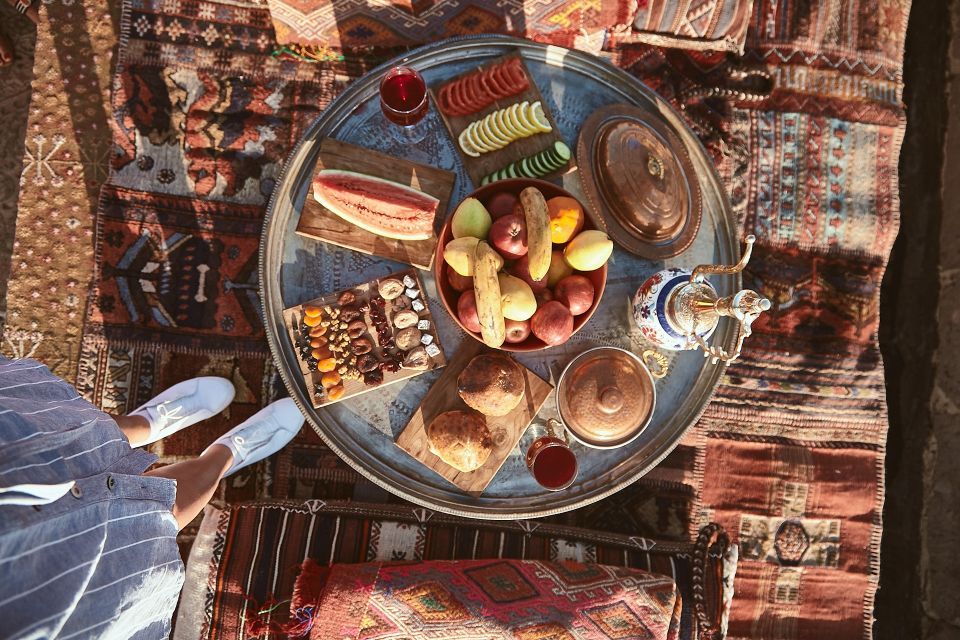Turkey is known for its rich culture and traditions, and one of the most iconic aspects of Turkish culture is tea drinking. In Cappadocia, a region in central Turkey known for its unique landscapes and historical sites, tea plays a central role in daily life. In this guide, we will explore the culture and traditions of tea drinking in Cappadocia, and provide tips for enjoying tea like a local.
A Brief History of Tea in Turkey
Tea is not native to Turkey; it was introduced to the country in the 19th century by traders from the Caucasus region. Since then, tea has become an integral part of Turkish culture, and Turkey is now one of the largest tea-consuming countries in the world.
The Importance of Tea in Cappadocia
In Cappadocia, tea is more than just a beverage. It is a symbol of hospitality, friendship, and community. Tea is served at all times of the day, and it is customary to offer tea to guests as a sign of welcome.
Turkish Tea Culture and Traditions
Turkish tea is typically served in small, tulip-shaped glasses, and it is always accompanied by a small plate of sweet treats, such as Turkish delight or baklava. In Cappadocia, it is common to drink tea with a group of friends or family members, and to share stories and gossip while enjoying the drink.

The Tea-making Process
Turkish tea is made using a special double-teapot called a “çaydanlık.” Water is boiled in the lower pot, while loose tea leaves are placed in the upper pot. Once the water boils, it is poured into the upper pot and left to steep for a few minutes. The tea is then poured into glasses, and the remaining water in the lower pot is used to dilute the tea to the desired strength.
Tea Houses and Cafes in Cappadocia
Cappadocia is home to a wide range of tea houses and cafes, where locals and tourists alike can enjoy a cup of tea and soak up the local culture. Some of the best places to enjoy tea in Cappadocia include the old town of Göreme, the Avanos pottery village, and the bustling city of Nevşehir.
Tea and Turkish Cuisine
Tea is often served alongside traditional Turkish dishes, such as köfte (meatballs), borek (pastry filled with cheese or meat), or pide (Turkish pizza). The combination of tea and savory snacks is a beloved tradition in Cappadocia and other parts of Turkey.
Tea and Turkish Hospitality
In Turkish culture, hospitality is considered a sacred duty, and serving tea is an important part of that duty. If you are invited into a Turkish home or shop, it is likely that you will be offered tea as a sign of welcome. It is considered rude to refuse the offer, so be sure to accept and enjoy the drink.
Tea and the Bazaar Experience
In Cappadocia, as in much of Turkey, the bazaar is a central part of daily life. Tea is often served in the bazaar as a way to entice shoppers to linger and browse. If you find yourself shopping in a Cappadocian bazaar, be sure to take a break and enjoy a cup of tea with the locals.
Tea and Traditional Turkish Music
Music is also a central part of Turkish culture, and tea is often served




